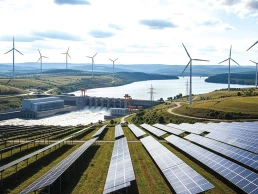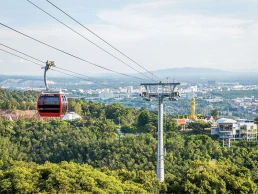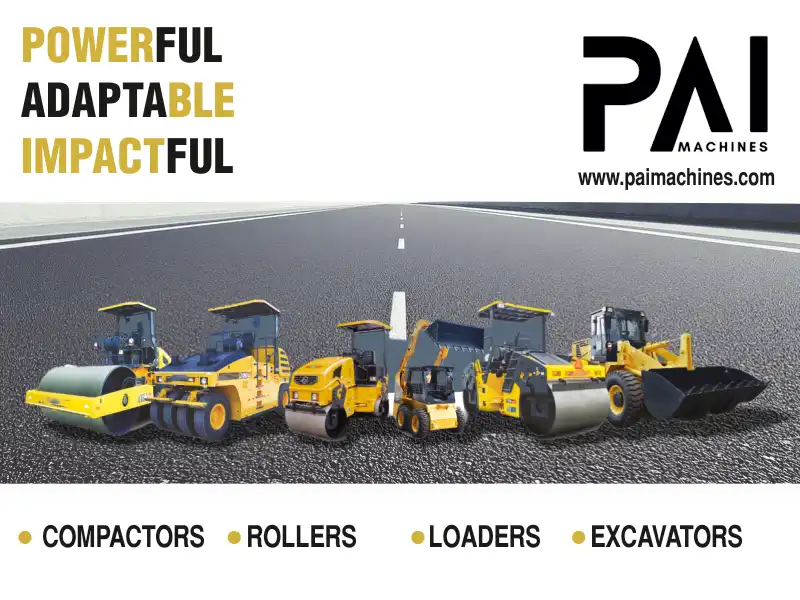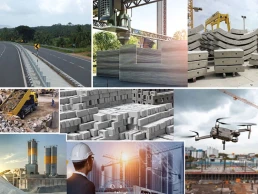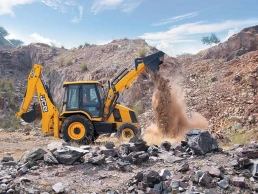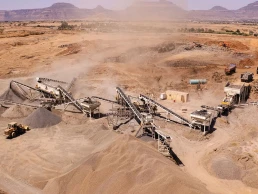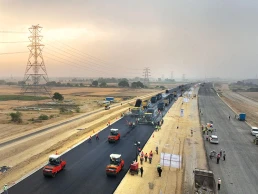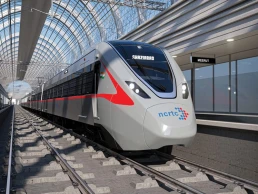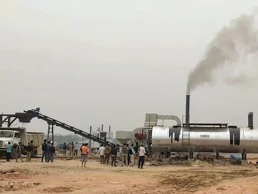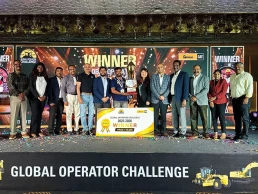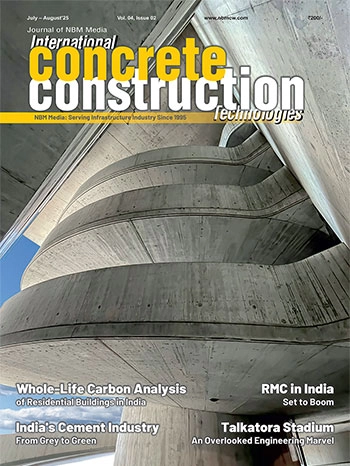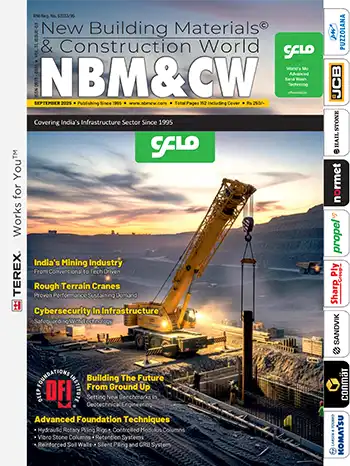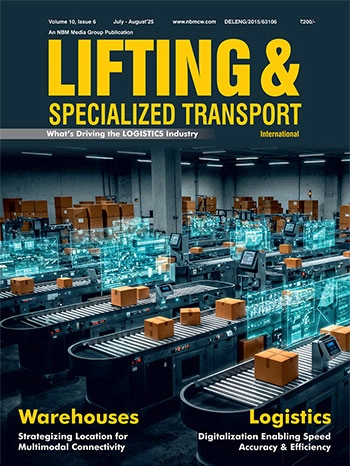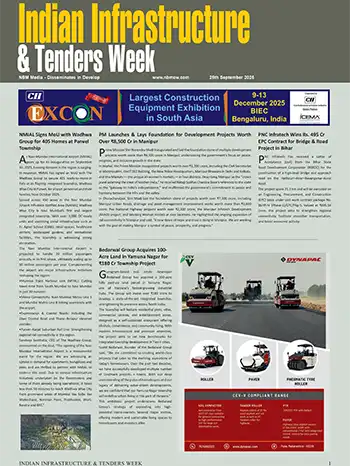TAI and BEML Boosting India’s Tunnelling Sector
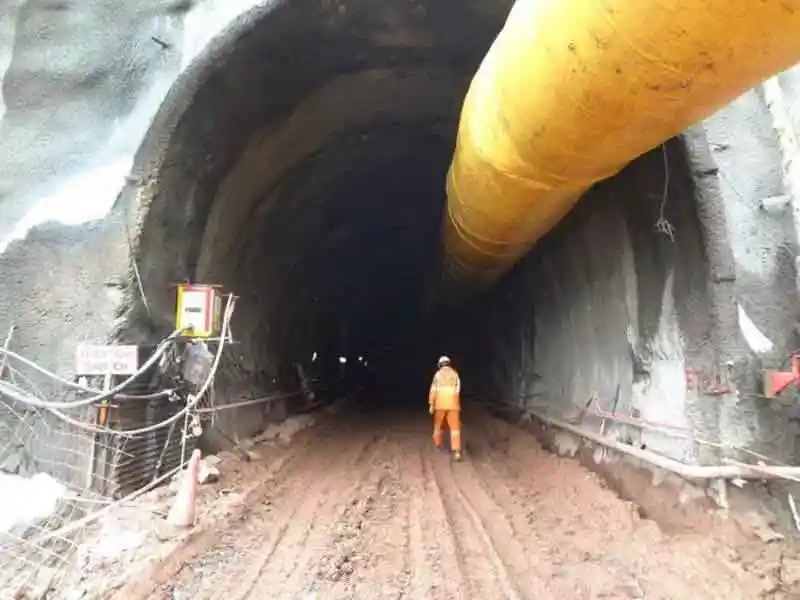
India’s tunnelling industry is poised for a breakthrough with the long-standing advocacy for an indigenous TBM manufacturing facility finally moving closer to reality. The Tunnelling Association of India (TAI) has for years emphasized the need for such a factory—backed by strong support services along with a National Tunnelling Centre to build knowledge, skills, and research capabilities. (Refer NBM&CW Interview).
R.K. Dhiman, President of TAI, explained, “TAI, in its various forums, has long been recommending the setting up of a TBM factory and a National Tunnelling Centre, as such initiatives will provide the desired push to projects under planning across the country. A centre with a TBM manufacturing unit, backed by reliable services, will accelerate execution of underground projects while also contributing to capacity building and self-reliance in critical tunnelling technologies.”
In line with these recommendations, a major breakthrough has come from BEML, which has announced plans to establish an indigenous TBM manufacturing unit—a move widely welcomed by the industry. At present, most TBMs are imported from China and Europe, leading to high costs, availability issues, and challenges with after-sales service. BEML’s entry into TBM manufacturing will reduce this dependence while ensuring localized support, spares, and services—an essential requirement for uninterrupted tunnelling progress.
As reported in Moneycontrol.com, BEML, under the Ministry of Defence, has already invited Expression of Interest (EoI) from globally reputed design consultancy firms for the indigenous design and development of TBMs ranging from 6 to 16.5 metres in diameter. This aligns with the government’s Aatmanirbhar Bharat vision and marks a decisive step toward building a self-reliant tunnelling ecosystem.
The combination of a knowledge and training hub with domestic TBM production will provide India with a comprehensive ecosystem—covering research, manpower training, design innovation, and reliable machinery. Experts believe that to truly scale, more domestic OEMs, material suppliers, and service providers must also invest in R&D, forge global collaborations, and set up infrastructure such as repair workshops, spare part depots, and training programs. If more Indian players follow BEML’s lead, the country could soon build a robust, world-class tunnelling industry capable of reducing costs, cutting import dependency, and delivering projects more efficiently.

































